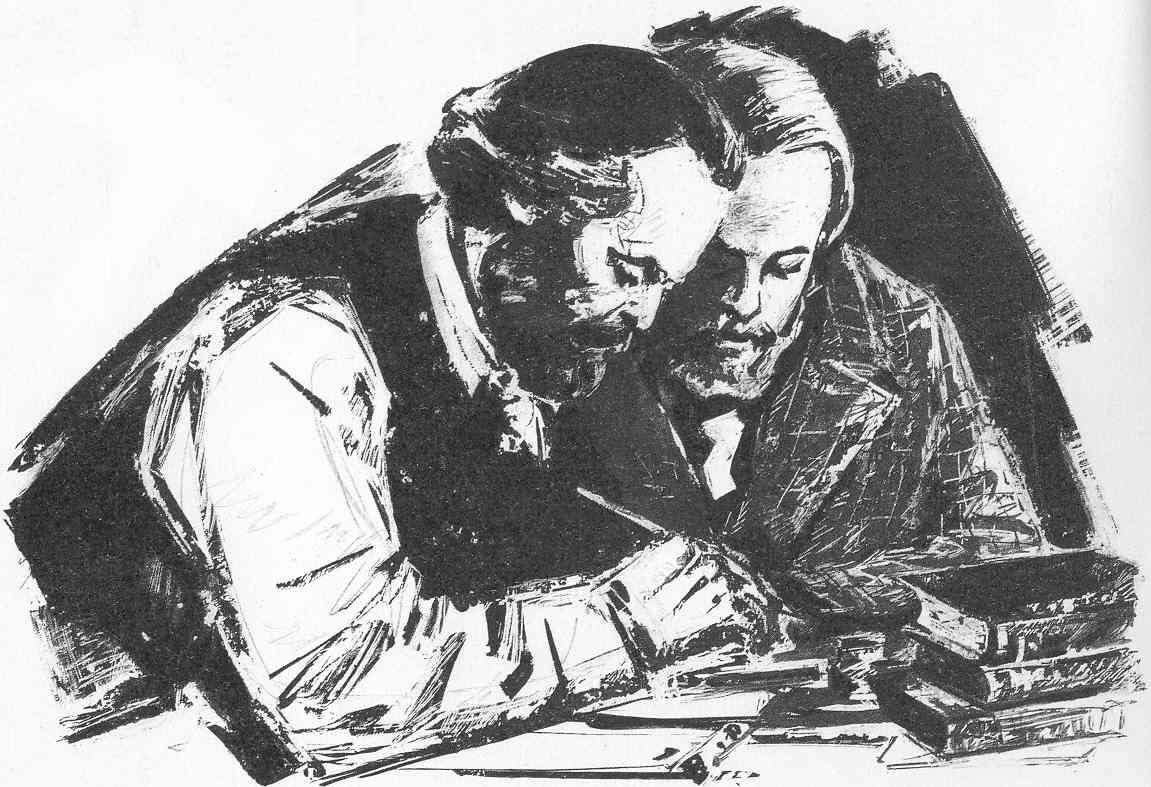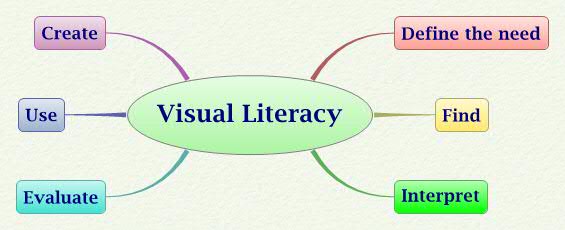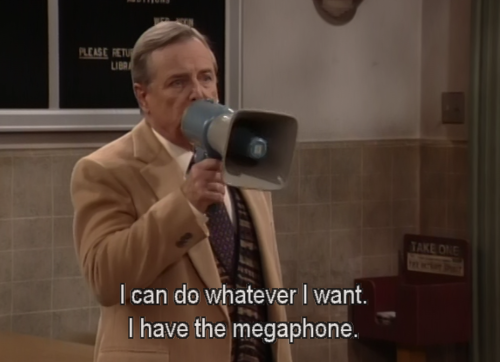 |
| Figure one: Louis Althusser with paraphrased theory of subjectivity. Don't worry --I'm not really going to talk about this. |
|
The Shipka article was a fascinating read on how to construct a assignments (by not constructing assignments) that are more creative and, more importantly, I think, more conducive to creative thinking --something I'm all about. My problem is that, really, it's almost like I'm interpellated. Yes, shit just got real, or, at least, Althusserian. What I mean is, it is difficult for me to break out of my ever-more-apparent lasting impression of the standard English comp course, despite all of the professional seminar sessions, the tutorials, the peer mentor sessions, and many other things.
I'm very interested (maybe desperately interested) in finding a way out of this trap of uncreative thinking as I find myself putting in way too much prep-time and getting far too little input (and
often nothing near
real conversation) from my students during class discussion. But what is this trap, exactly? I feel like I'm confessing here but... here it is. Get ready. I... lecture... too much and too often. I know, right? Terrible! It's embarrassing really --but, honestly, it's my go-to course of action whenever people aren't talking --I feel like I need to say something in order to make the class productive. Time's a-wastin' y'all! It's hard to get over this feeling urgency and reverting to my lecturing instincts. More sadly, as a result, my lack of creativity may be contagious --spreading to the students and manifesting itself in subtle, quiet symptoms, literally --they're quiet! And their work demonstrates that they have a great deal of intelligence and the potential to be creative when applied in an area that interests them --this class is just not very interesting a lot of times. I feel this environment may even be stifling --cutting them off from the creative thinking necessary to design and commence and complete their own thoughtful, thought-provoking assignments as in the Shipke article.
I think I have a solution to this problem --at least a partial one. Instead of focusing on
not lecturing, perhaps I should look to
do something else instead. In other words, (and to be
really depressing and
Althusserian), I can't over my interpellation but I can get around it... maybe. There is just not enough material in my class right now to prepare students for an engaging session --I am doing almost all of the prep and A LOT of the talking (or should I say, I
get the prep and the students miss out on a chance for an engaging class session). Aside from the e-text or
some homework writing often based on sample essays (usually from other students
which I am under the impression that many do not take seriously), or some other major boring shit, students get very little prep for the standard RHET 105. So, in short, I need MORE interesting, engaging (and more as in more) outside readings and we need to talk about them. In class. In short, I should focus more on preparing my students
for class and less prep (or at least different prep) for myself. Through this, we could have meaningful conversation, debate, and serious thought-provoking stuff --ultimately, creative thinking and creative assignments (perhaps even designed by the students, as Shipke describes) will result.
After having begun this project of assimilating supplemental readings (which will be my final project for this course), I have to decide on whether or not to create a themed course. On the one hand, the themed course could be limiting, aggregating thought around one idea or a collection of closely related ideas. On the other hand (as I tend to argue), it could provide more depth and interest in a particular subject and, hopefully, some creative insight based on some serious research. Either way, I think outside readings, themed or free-stylin' could provoke thought and giving a shit, and could make this class (both my current class [it's not too late! I have to tell myself that] and RHET 105 in general) more of a market place of ideas --a center of creativity.















